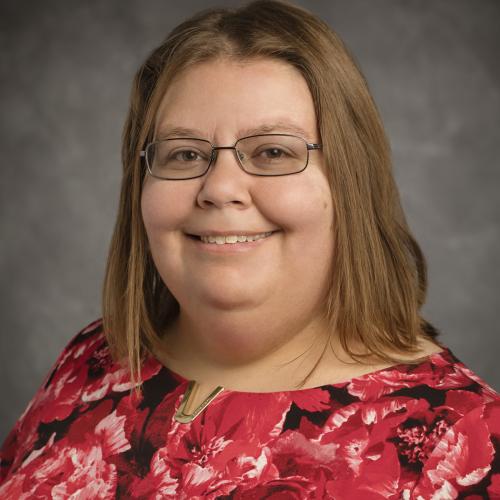Assistant Professor Jodi Schneider will discuss her medical informatics research at the 9th Conference of the International Society for the Study of Argumentation, which will be held July 3-6 at the University of Amsterdam. The conference brings together scholars from a variety of disciplines who are working in the field of argumentation theory.
Schneider will give two talks during a session focusing on argumentation in health. She will present "Innovations in Reasoning About Health: The Case of the Randomized Controlled Trial," which was coauthored by Sally Jackson, a professor of communication at Illinois. The researchers' recent work introduces the concept of a "warranting device" to analyze innovations in drawing conclusions.
"One example of a warranting device is the Randomized Controlled Trial, or RCT," said Schneider. "Now it's considered the 'gold standard' for reasoning about medical treatments. But that wasn't always the case. RCT was invented not very long ago, and experts were still arguing about whether to apply it in medical science as recently as the 1950's. Specialized fields like medicine are continually innovating, and technology impacts the innovations. Inferential statistics were vital in the rise of RCT; these days new online coordinating platforms and big data methods are enabling new kinds of clinical trials."
Her second talk will be "Modeling Alzheimer's Disease Research Claims, Evidence, and Arguments from a Biology Research Paper," which was coauthored by Novejot Sandhu, a molecular and cellular biology undergraduate who worked with Schneider in a series of independent study classes. Their paper presents a case study of the arguments in a single high profile paper on Alzheimer's disease research. In the future, Schneider's lab will investigate automatic argumentation mining for experimental biology research papers.
Schneider also will chair a "Rhetorical Issues" panel at the conference.
Schneider studies science of science through the lens of arguments, evidence, and persuasion. She is developing linked data (ontologies, metadata, Semantic Web) approaches to manage scientific evidence. She holds a PhD in informatics from the National University of Ireland, Galway. Prior to joining the iSchool in 2016, Schneider served as a postdoctoral scholar at the National Library of Medicine, University of Pittsburgh, and INRIA, the national French Computer Science Research Institute.
